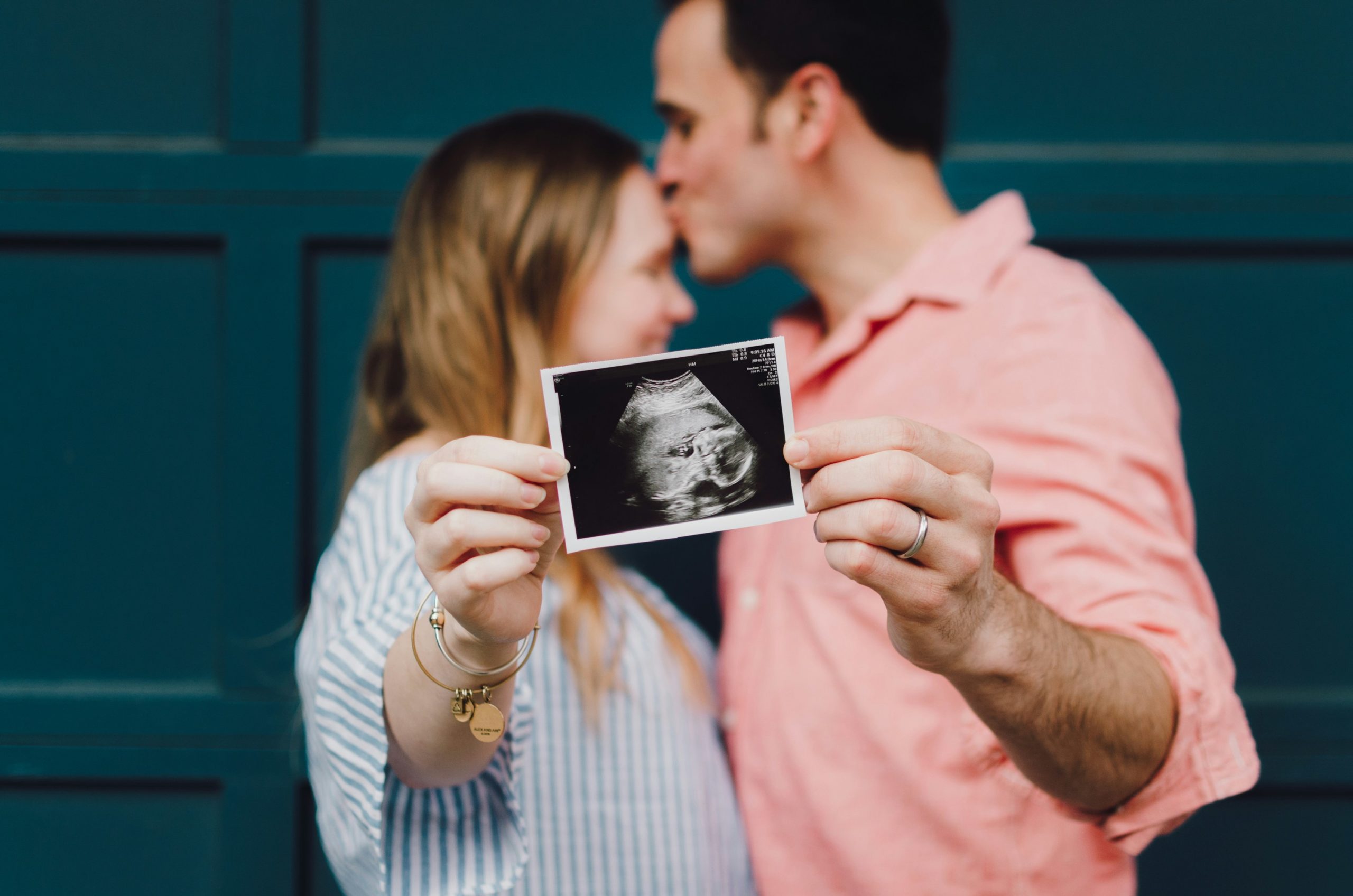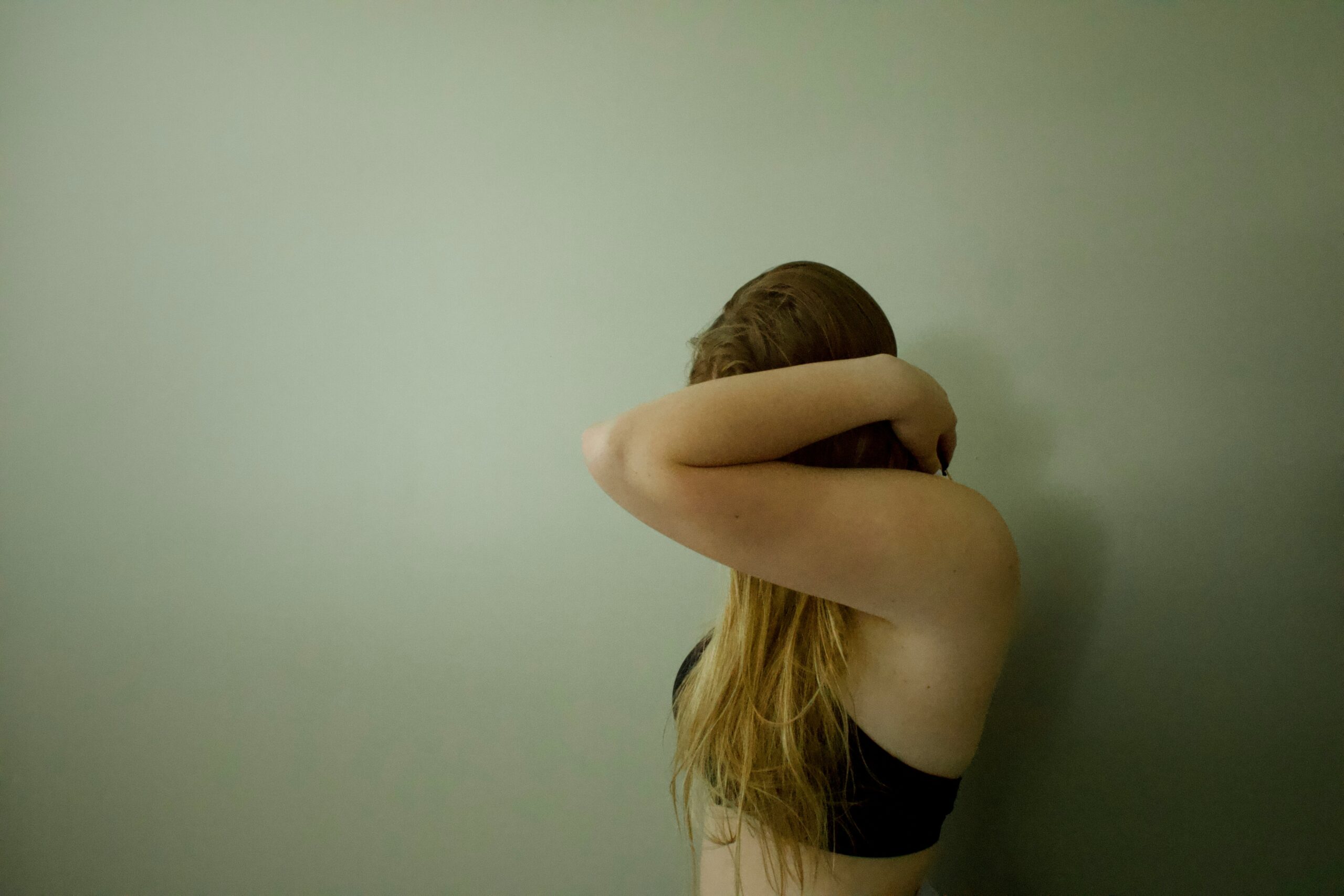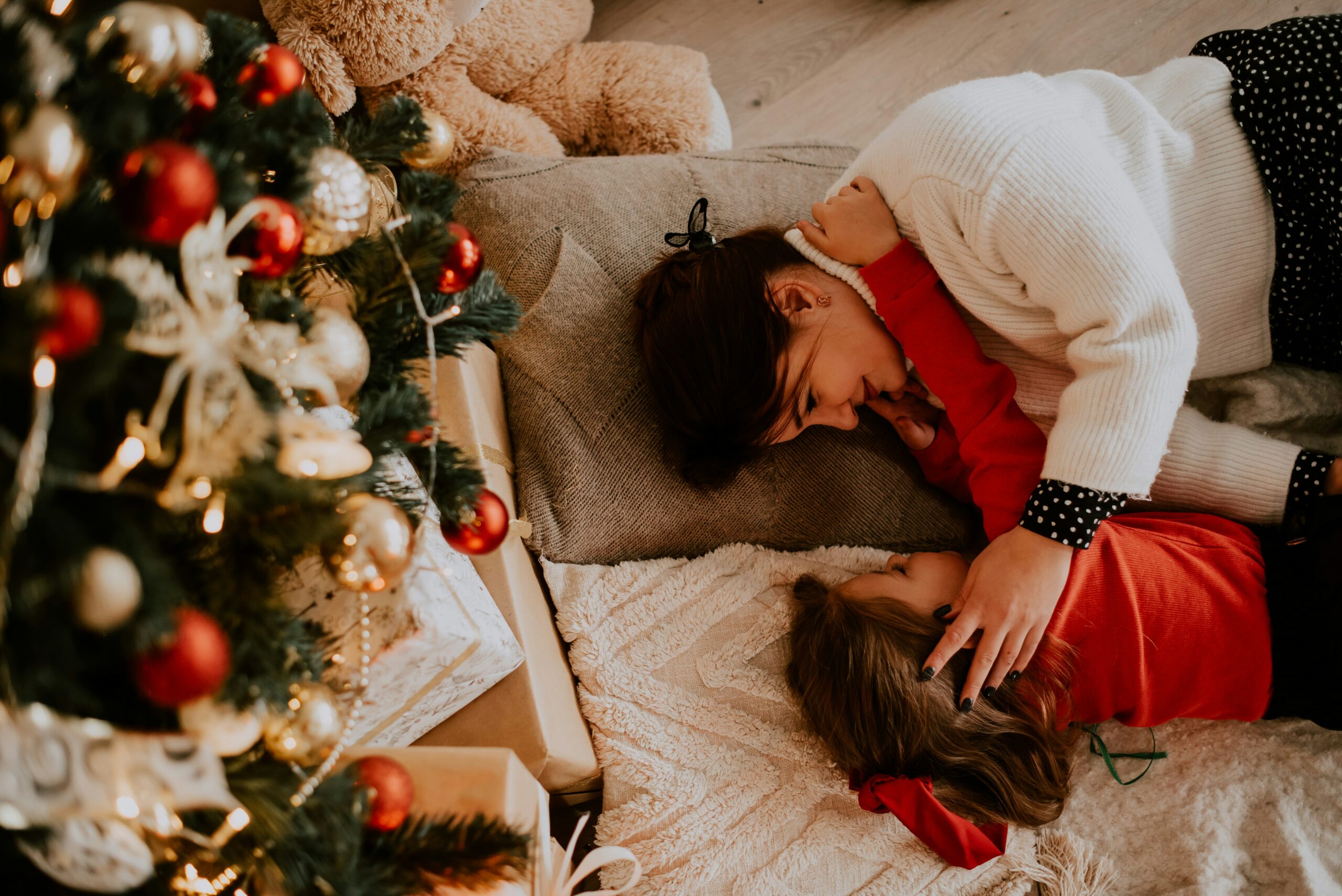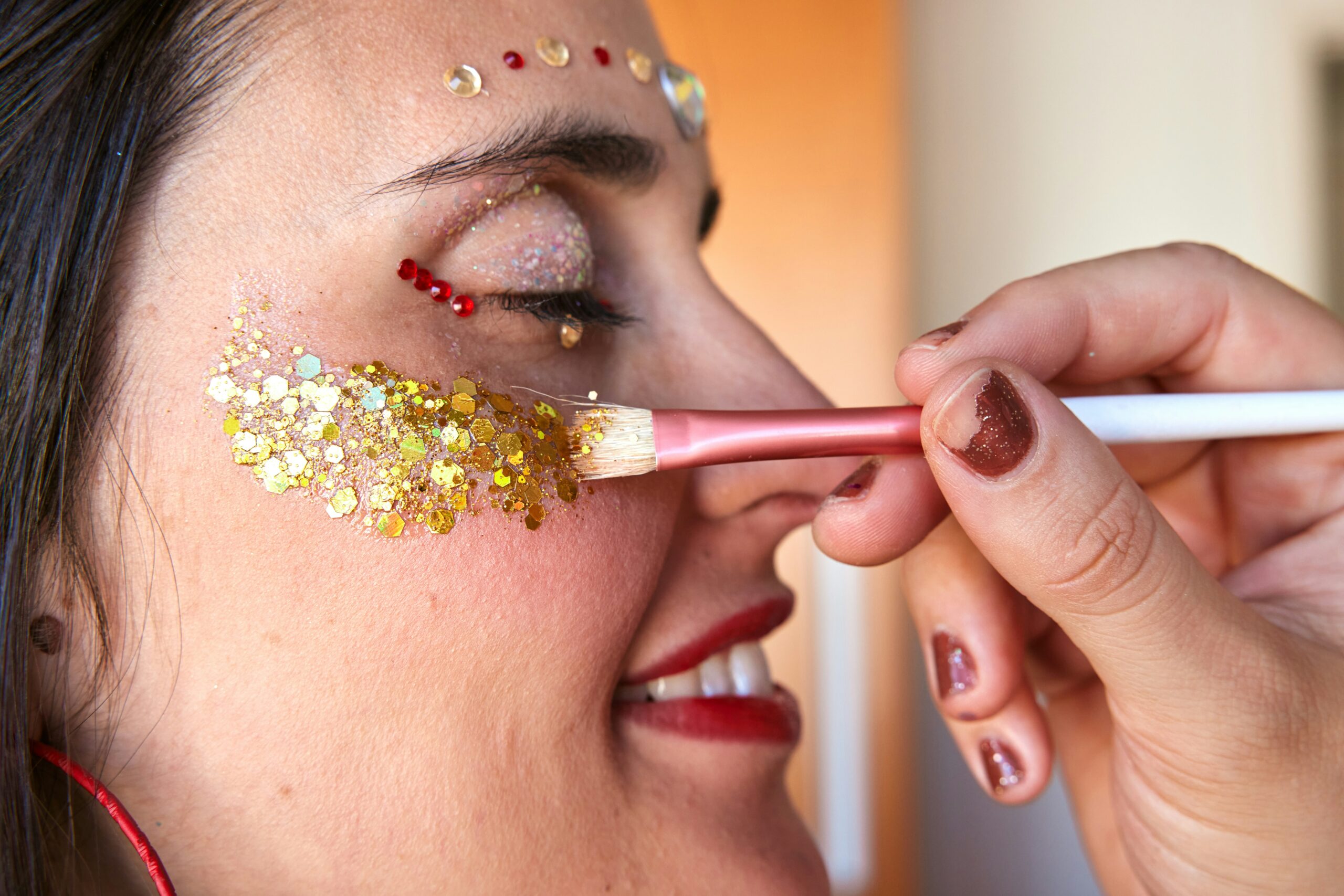I gave birth to my son after a “normal” pregnancy.
I had morning sickness, fatigue, and cravings—and I looked like a house. I used an epidural, was induced after my water broke, and pushed for four hours to meet him. Nothing “unusual.”
Yet, when the doctor came in to tell us the baby’s blood type, it was apparent that I had a secret: My son came from an egg donor.
I like to say that I grew my son.
My mother called him Baby A from the day of the transfer when the reproductive endocrinologist told us that they were transferring our “A+” Embryo. In the first picture I have of my son, he is an air bubble on an ultrasound—a five-day blastocyst. He has been mine ever since.
And yet in some ways, he is not all mine.
I had a terrible experience at the two-day post-hospital pediatrician appointment when upon hearing that I’d used an egg donor, the doctor declared all my medical history and family history to be irrelevant and only cared about what my mother-in-law had to say.
There’s a lot of talk in mom circles about “biological children.” And while I carried him, birthed him, breastfed him, and raised him, he is technically not “biologically mine.”
Half of his genes come from an anonymous egg donor, who I picked from an egg bank online after her answers to the questionnaire were so similar to what I would’ve written that it felt like kismet. Even if we are similar—a DNA test will show he is related to ‘Her’ and not to me.
It’s not that I wanted it to be this way.
My husband and I waited until we felt ready to be parents before starting to try for a child, and we figured it would happen right away. I was in my early 30s when the timing felt right. Unfortunately, it was more difficult than I expected..
After three years, more IUIs than I can count, three failed IVF cycles and a failed egg retrieval, it became clear that if I didn’t do something different, nothing would change.
I still wanted to be a mother—going through all the fertility struggles made me realize just how strong that desire was. As petrified as I was of childbirth, I still wanted to give birth. I wanted to experience being pregnant. I wanted to try to breastfeed. And if the only way I’d be able to experience those parts of the journey was to use an egg donor, then that was a sacrifice I was prepared to make.
Let me be clear: I have no regrets.
I am very glad that he is here, almost two years old now, and in every way but one, my son. I am glad I got to experience pregnancy (even with all the ups and downs). I honestly enjoyed my birthing experience and was able to breastfeed him for more than a year. There is no feeling in the world like seeing him smile or hearing him say “Mama.” But I often feel like an outsider—a person with a sort of shameful secret that I’m not really supposed to talk about.
It seems like there are a lot of “supposed tos” in navigating this journey as someone with a DE (donor egg) son vs. someone with an OE (own egg) son.
For one, it seems like having used a donor egg implies some sort of physical failing—my body couldn’t do it on its own, I’m not enough, I’m not his real mother, etc. Then, beyond having chosen to use a donor egg, there seems to be a prevailing view that the fact that a donor egg was used is the child’s story to tell.
That I shouldn’t be the one branding him with the DE label. And yet, also, that he should know his story and how he came to be so that he doesn’t feel it was dishonest in any way when he finds out that I’m not his “biological mom.”
I hate all these burdens and assumptions. I live in fear of the day when he says “You’re not my real mom!” and how it’s going to feel to know that in some ways, he’s right. I strongly desire him to be part of my lineage and part of my family, but I acknowledge that one day he may decide he feels more connected to the Donor’s family, not mine.
And when people ask where the reddish hair comes from or comment on who he looks like, it hurts me. As amazing as epigenetics are, and while it’s therefore possible that I did have a role in his gene expression, no one wants to get into that conversation.
At the end of the day, it’s like that first pediatrician indicated—even though he is my son, I often feel like I don’t count—at least not in the way I would if he were my OE child.
I don’t have all the answers yet. Being a mom to a donor egg baby is still new for me, and it’s also still a relatively new way to have a child. I honestly don’t think it should matter whether the child came from a one-night stand, careful planning, IVF, a donor egg or adoption.
But knowing people who’ve used surrogates or adopted, I also feel guilty going too far down the path of “your mother is the one who gave birth to you,” even if that’s what helped me be more comfortable with the choice to use a donor egg.
At the end of the day, our family are the people who raise us: chosen or otherwise. And I am and will always be the mother of my son. I just hope that at some point this inferiority complex goes away and I can just be his mother—not the holder of a secret that sometimes makes me feel like a second-class mom.
Read more essays and powerful narratives on The Mother Chapter.
Author
-

Anonymom is an anonymous mother who thoughtfully shares her story while choosing to keep her identity private. It is our mission to honor the experience of all mothers during each chapter of their mothering journey. If you're interested in sharing your story as an "anonymom," reach out to us at
View all posts




